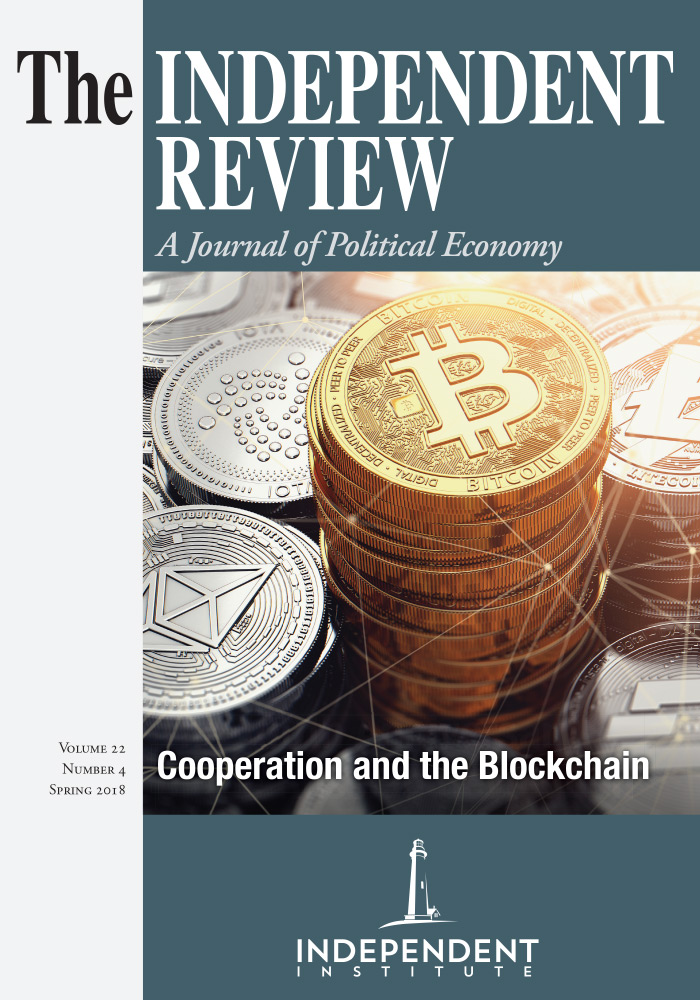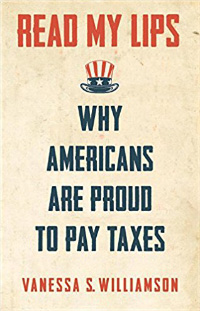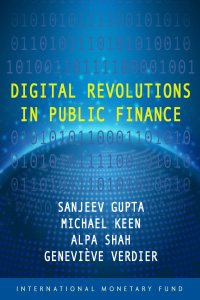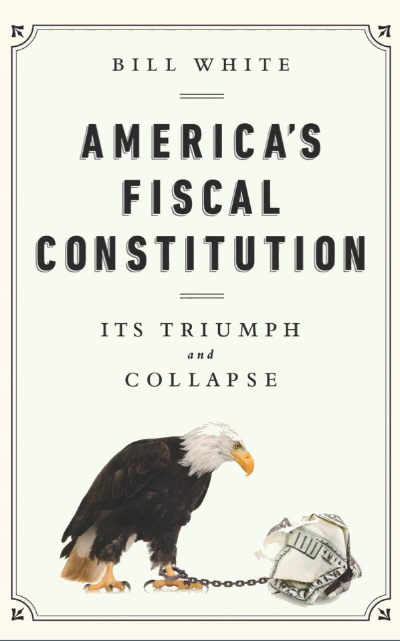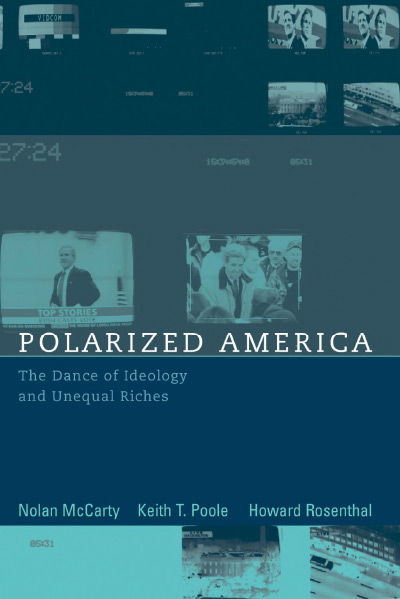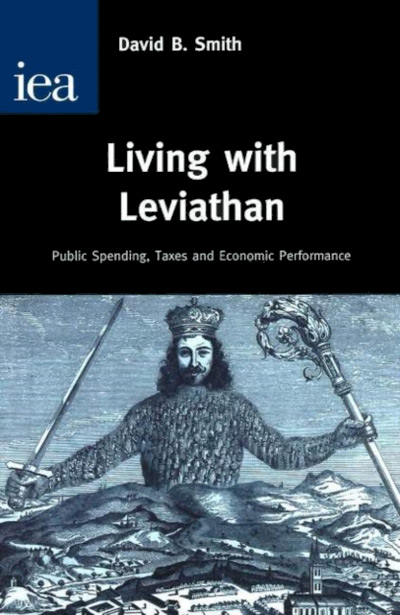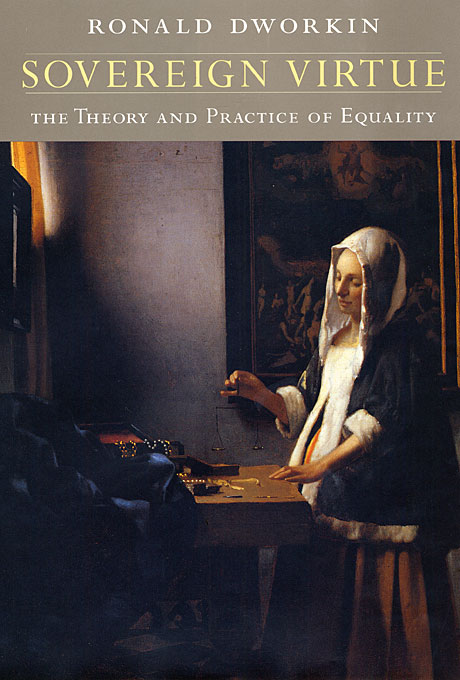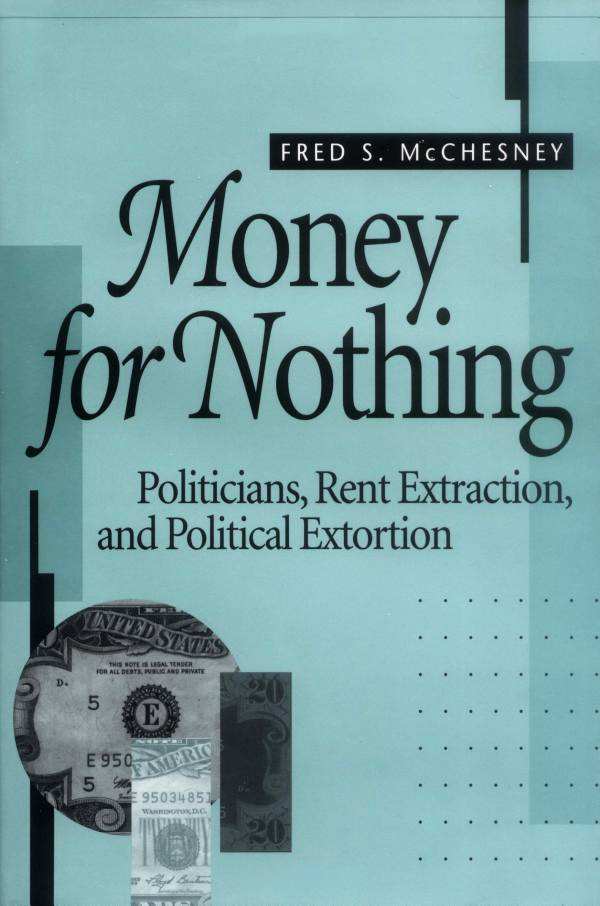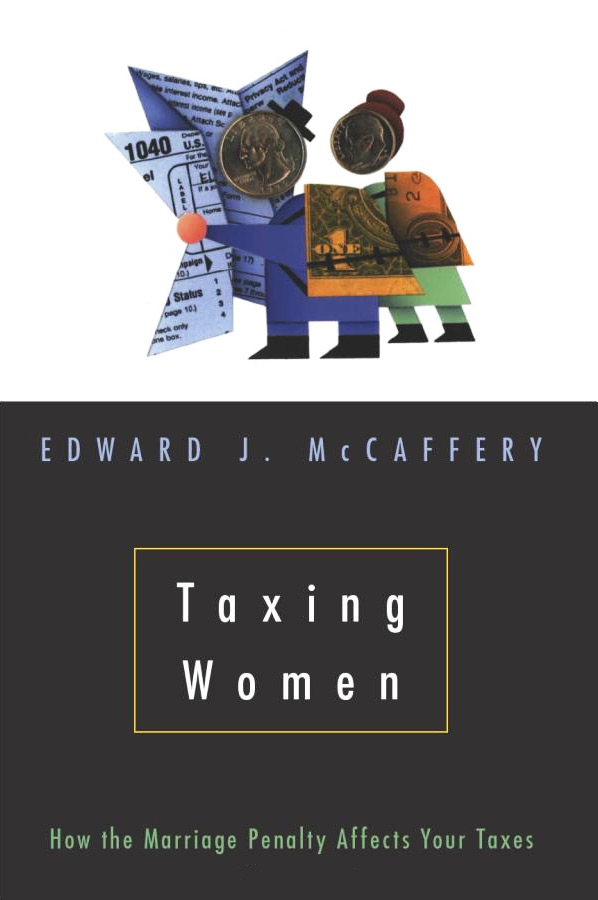Public opinion is often conspicuously absent from scholarly discussion of tax policy, crowded out by technical debates among professional economists. Vanessa Williamson, a fellow at the Brookings Institution, has authored this new book that is part of a welcome, overdue correction. The book’s title advertises one of her primary clams; she strives to counter a widespread view that Americans are “antitax.” If the argument that many, even most, Americans see tax paying as a “badge of pride” (p. 182) rings false, Williamson does not deny that anger coexists with other, positive sentiments. The best short summary of her portrait is that American attitudes constitute a “paradox” (p. xvii): tax paying is often regarded as a sign of virtue, but the very commonly held views that others undercontribute and that governments waste the money collected via taxes generate concomitant resentment.
In developing her arguments, Williamson relies upon two primary, original sources: a survey conducted in November 2014 and a set of in-depth interviews with one hundred diverse individuals done slightly earlier. The latter figure most prominently in her analysis and, quite apart from copious quotations in every chapter, consume about 15 percent of the book via an appendix of blurbs profiling each interviewee. In turning over so much page space to ordinary Americans, free to converse and not merely respond to survey questions that might be loaded, confusing, or ambiguous, Williamson is clearly keen to get beyond broad, “on average,” and “overall” claims. To her credit, she lacks the contempt for the public so often evident in scholars of public opinion and political behavior.
Just the same, the book is cast largely as a demonstration of how misinformation distorts Americans’ policy preferences. Williamson’s main themes as she explores the juxtaposition of positive and negative thoughts about tax paying are that Americans dislike spending that goes to those they perceive as “them” not “us” and that some widespread but mistaken beliefs about tax burdens distort fiscal-policy preferences. Although she offers a few quotations and citations to bolster the claim that “taxation remains a racialized issue” (p. 10), the gist of the former argument is that many Americans fret that (illegal) immigrants and the poor do not pay their fair share of taxes but draw government benefits just the same. Race is mostly secondary or spurious. Moreover, there is a big difference between “any tax” and “enough tax,” and Williamson sometimes blurs that line while castigating Americans for underestimating the tax burdens of the poor. Thus, she notes that Mitt Romney’s wellknown “47 percent” comments explicitly concerned income-tax payment (and, of course, attitudes of entitlement), but she is keen, just the same, to blame conservatives and Republicans for spreading the mistaken claim that many Americans pay no taxes of any kind. Not having asked respondents for estimates of relative total burdens, she relies heavily on indirect evidence.
That focus on elites is also somewhat at tension with another of her themes—that the experience of tax paying is vitally important to the views most Americans hold about many forms of taxation. But because most comparisons involve others and therefore secondhand news, the role of personal experience is better suited to shape some judgments than others. Thus, it is plausible that income taxes seem to loom largest in the public imagination in part because the act of filing an annual return is difficult and salient, even for those who ultimately pay little. It might also be true that credits and exemptions are more obvious than rates. If so, though, it seems all the odder that Williamson makes the bold and rather startling leap that “[a]n arduous tax policy is a good thing” (p. 13). Transparency is surely useful, but complexity and difficulty are hard to justify in their own right and are surely better understood as evidence of unequal treatment than of laudable visibility. Her own research proves amply that discussions of taxes are notoriously slippery insofar as there are so many kinds of tax and varying visibility, and people slip easily into using shorthand, such as treating “taxes” in general as equivalent to income taxes. I suspect that whether readers conclude the book convinced that the main source of error in how Americans understand current taxes is underestimation of the burdens on the poor will depend strongly on what they thought before they cracked it open.
Survey results can be meaningless when the questions are poor, as is too often true of tax-policy surveys. But qualitative work has its own risks; quite apart from worries about representativeness (or lack thereof) of the subjects, the author’s freedom to interpret sprawling conversations is broad. For example, one of Williamson’s interview subjects described his fairest tax system as so: “You make $50,000, you’re taxed at x rate. Or you made $150,000, you’re taxed at x rate without all the loopholes” (p. 220). To me, this person is a flat-tax fan, but Williamson characterizes him as favoring a “simple, progressive tax code” (p. 220). Again to her credit, she has made full transcripts of the interviews available online, but I don’t see clear evidence for the “progressive” part in the balance of the interview, wherein this individual reemphasizes that “loopholes” are the culprit behind “higher-income” people paying too little tax.
Title aside, the book offers less on “why” tax paying is a source of pride than a short demonstration that few survey respondents will embrace tax evasion (and are rarely asked about mere avoidance), followed by an intriguing tour of the beliefs of a public holding not wholly consistent attitudes about what government does, should do, and should not do. The simple point that taxes arouse positive connotations of doing one’s civic duty along with envy and resentment is important and well taken. Even for those who fear that Williamson is sometimes leaning on the scales as she assesses views of the flat tax or accuracy of impressions about tax burdens, there are nuggets throughout the book to recommend it. For example, she argues convincingly that the oft-found result of Americans overestimating the extent of U.S. foreign aid is, at least in part, a consequence of some of them consciously—and quite defensibly—regarding overseas military spending as a variety of foreign aid. And she demonstrates that many nonelderly Americans, whatever their deficits with respect to highly technical statistics, are sensibly pessimistic about the long-term future of Social Security and their likelihood of ever drawing generous benefits.
The book opens by claiming that pollsters and pundits—left and right—wrongly think Americans dislike taxes because of the long shadow of Proposition 13, California’s “revolt” against escalating property taxes in the late 1970s. Whether Williamson is correct that other scholars and pundits are clinging to an out-of-date example and perhaps misconstruing it at that, this hook is ultimately disappointing given that she largely ignores property taxes thereafter. I was surprised that she has little to say about them, and the explanation that experiences paying them vary so much (p. 168) seems odd—variance is usually useful analytically, not a problem. In the Internet age, one might well expect massive tax envy among Californians, who can easily discover that neighbors with nearly identical homes can have property-tax bills that differ by orders of magnitude.
Few careful readers will, I submit, conclude this book agreeing with one of the book’s blurb writers that it proves how “public discussion of taxes is . . . distorted by the hatred of government” and that this is “the fault of right-wing political demagogues and the media that amplify their deceptive claims.” But if you ignore the dust jacket and read the actual book, you’ll find a genuinely interesting tapestry, even if you would like to pull on some of the looser threads.
| Other Independent Review articles by Brian J. Gaines | |
| Summer 2017 | Flat Is Fair: American Public Opinion on Taxes and the Myth of Egalitarianism |

